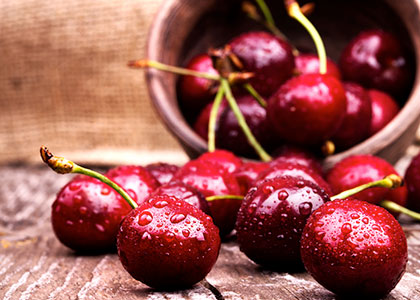
10 Plant Foods that Naturally Improve Sleep
By Claire Georgiou, Reboot Naturopath, B.HSc ND
The health benefits of a good night’s rest are endless. Sleep supports a healthy immune system, happy mood, trim waistline, a sharp brain, glowing skin, healthy hair, happy hormones and long-term it helps lower your risk of high blood pressure, heart disease and premature death.
Forty percent of Americans are said to be getting less than 7 hours of sleep on average a night, this is a frightening fact considering that studies show less than 7 hours per night increases the risk of premature death particularly for men and many other serious health conditions. 25% of Americans are using sleeping drugs (hypnotics) to help them get some shut eye.
It is also well known that sleep supports weight loss and a healthy waistline. People who are sleeping less than the recommended 7-9 hours per night will have hormone changes that are tied to an increased appetite, eating larger portions, increased cravings and pleasure signals for high-calorie foods, combined with a reduced ability to stop these impulses, a very dangerous combination for weight control.
In studies people who were sleep deprived (less than 7 hours) had increased levels of ghrelin (a hunger hormone) and reduced leptin levels (satiety hormone).
Sleep deprivation causes a list of overwhelming symptoms such as irritability, headaches, fatigue, depressed mood, slow thoughts, increased appetite and cravings, infections, poor decision making processes, depression, premature death, cancer, heart disease and diabetes.